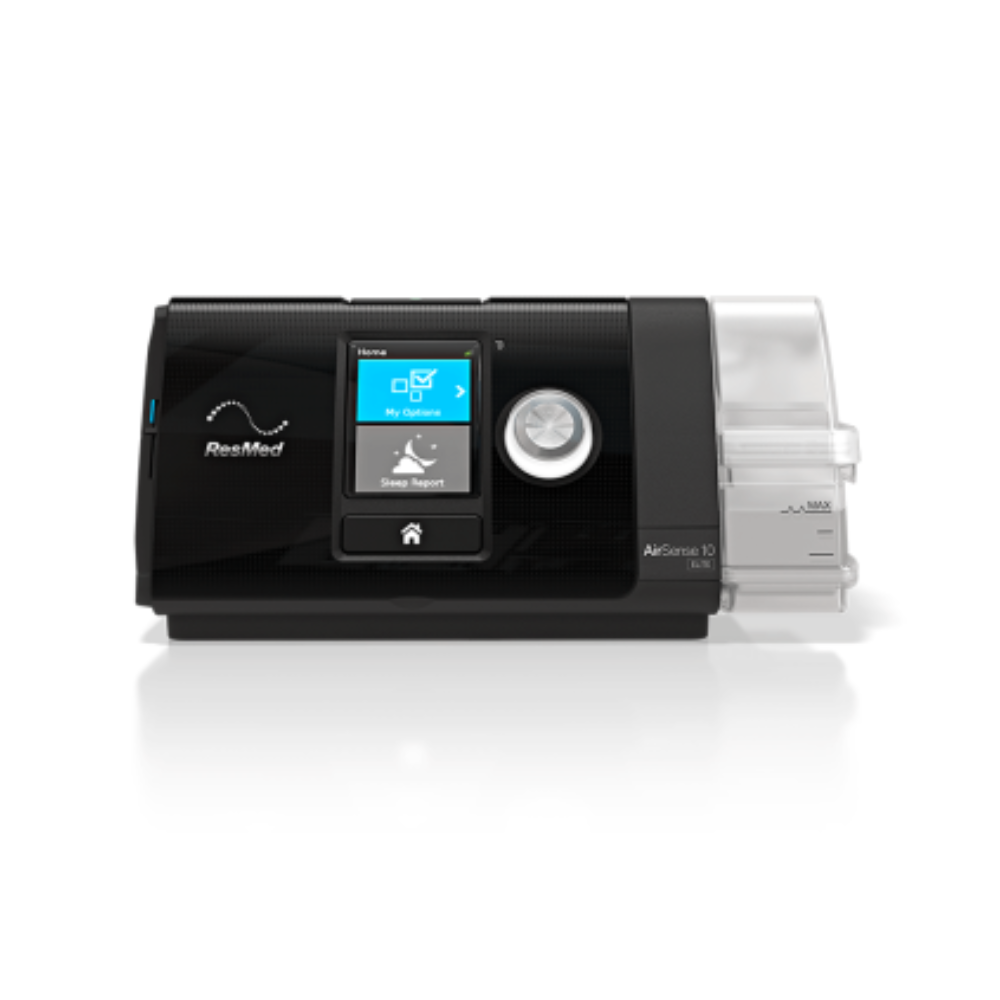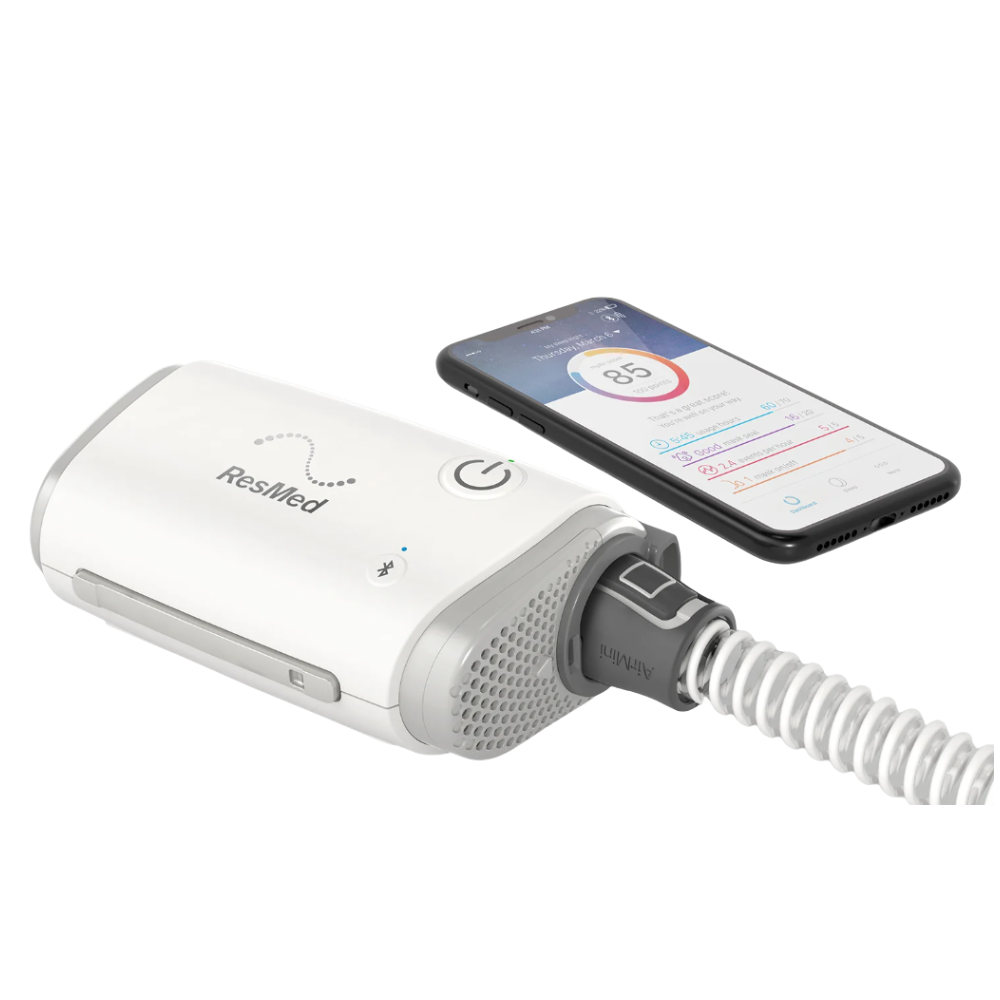Fact Checked
Intus Healthcare’s writers, customer service team, and sleep experts review and ensure this information is accurate.
Last updated on March 7th, 2024 at 10:34 am
A strong relationship exists between weight and sleep, as both are essential factors that contribute to your overall health and well-being.
Poor sleep habits can lead to weight gain, as lack of sleep can disrupt the body’s hormonal balance and metabolism, making it more difficult to maintain a healthy weight.
Sleep deprivation can also increase cravings for high-calorie, unhealthy foods and decrease the motivation to exercise, further contributing to weight gain. Quality sleep is what helps your body to restore and repair itself. To gain the most benefit from sleep, the average adult should sleep between 7 to 9 hours per night. Being sleep-deprived can make it harder to lose weight as it affects your hormone regulation causing hormonal imbalances. The common sleep disorder Sleep Apnoea can cause weight gain; this article will explain the symptoms and ways to help you manage the condition and weight.
Symptoms
There are signs that show your weight is affecting the quality of your sleep, such as:
- Snoring
- Restless sleep
- Daytime fatigue
- Waking up frequently during the night
Causes
Weight gain makes it harder to fall and stay asleep. The increased inflammation and pressure on your airway make it difficult to breathe during sleep. Carrying excess weight can also make sleeping in a comfortable position harder, leading to a restless night’s sleep.
Why does obesity cause Sleep Apnoea?
The relationship between Sleep Apnoea and weight gain is a vicious cycle – gaining weight contributes to Sleep Apnoea development, and simultaneously having Sleep Apnoea can cause you to gain weight.
Being overweight and having a higher BMI (body mass index) causes breathing restrictions as it increases the fat deposits around the neck and throat, boosting the risk of developing Sleep Apnoea. Excess fat makes the soft palate more likely to collapse, causing apnoea events (breathing pauses). A study found that a 10% increase in body weight may make you six times more likely to have Sleep Apnoea1.
Does Sleep Apnoea cause weight gain?
Research has found that weight gain and sleep disorders can go hand-in-hand, especially in those with Obstructive Sleep Apnoea (OSA). The condition makes gaining enough sleep difficult, as it causes repeated breathing pauses, interrupting your sleep. OSA causes fatigue leading to decreased activity and a decreased metabolism, increasing the risk of weight gain. The three main hormones affected by OSA and sleep deprivation are Ghrelin, Leptin, and Insulin. Ghrelin is the hormone that tells your body to eat; research shows that a lack of sleep increases Ghrelin levels 2. The hormone Leptin tells us to stop eating, and lack of sleep decreases the levels of this hormone, making us hungrier. The third hormone affected by sleep disorders is Insulin, which helps to regulate blood sugar and energy levels. In summary, sleep deprivation makes you hungrier, increasing the risk of weight gain.
Weight & Sleep Apnoea
Excess weight can lead to Sleep Apnoea, a disorder characterised by breathing pauses during sleep. If you already suffer from a sleep disorder, gaining weight can exaggerate your symptoms.
Excess fat around the neck and throat can physically block the airway and lead to more severe cases of Sleep Apnoea as it increases the number of apnoea events (breathing pauses). Therefore, it is important for those with OSA to maintain a healthy weight through diet and exercise.
Although not everyone who develops OSA is overweight or obese, those who are will commonly find their Sleep Apnoea to be more severe.
Long Term Effects
OSA needs to be treated with a recommended treatment method. Treatment will help to prevent other health complications from developing; these include:
- Type II diabetes
- Alzheimer’s
- Heart disease.
- Cardiovascular disease
- Stroke
Solutions
Fortunately, there are many lifestyle adjustments and treatments to help your Sleep Apnoea.
Can dieting help my Sleep Apnoea?
Different lifestyle changes can help manage Sleep Apnoea symptoms, and depending on the individual, it can lower the severity of their OSA. Weight loss around the neck means there is less fatty tissue and so less strain on the upper airways. Studies show that weight loss of 10-15% can reduce the severity of OSA by 50% in moderately obese patients.
Does CPAP help you lose weight?
CPAP therapy (Continuous Positive Airway Pressure) is the most common treatment for Obstructive Sleep Apnoea, providing huge benefits. A CPAP machine allows you to get back your sleep, preventing breathing pauses and symptoms associated with OSA.
You will feel refreshed from a full night of uninterrupted sleep when using a CPAP machine. The new release of energy improves your mood and balances your hormones, making it a lot easier to lose weight.
Getting back your energy levels allows you to exercise more and be motivated to lose weight. A study found that compared to those who didn’t, patients who used CPAP therapy lost more weight3.
Please note that to lose weight with CPAP, you need to exercise more and actively eat healthier; CPAP alone will not cause weight loss.
Need help finding a CPAP machine that’s right for you? Take a look at our helpful guides:
Will CPAP cause weight gain?
Not every CPAP user will have the same experience; some may lose weight while others gain.
The most effective exercises for Sleep Apnoea
There are specific exercises proven to help your Sleep Apnoea that you could incorporate into your day-to-day life. These include:
Yoga – Yoga has been found to provide a wealth of help to your lungs, helping to open your airways and strengthen your breathing. Pranayama is a yoga practice of breath regulation involving different breathing exercises and patterns. Studies have found that it can significantly decrease neck circumference, which can help reduce symptoms of Sleep Apnoea. Pranayama also helps with stress, and mental health, increasing your overall sleep quality.
Tongue exercises – A simple way to strengthen your throat and tongue muscles is by practising tongue exercises.
- The first exercise you could try is a tongue slide. To do this, place the tip of your tongue against the back of your top front teeth and slowly slide your tongue backwards, with the tip of your tongue moving along the roof of your mouth. You can repeat this up to ten times.
- The second exercise you could try is a tongue stretch. To do this, stick out your tongue as much as possible, look up and try to touch your chin. Hold this for 10-15 seconds and repeat it up to 5 times.
Can losing weight get rid of Sleep Apnoea?
No, Sleep Apnoea is not curable. However, lifestyle changes like having a balanced diet and losing weight to maintain a healthy weight can help reduce symptoms.
Is it harder for people with Sleep Apnoea to lose weight?
Sleep disorders prevent people from gaining enough sleep; sleep deprivation slows your metabolism, making it harder to lose weight.
Treating your OSA and controlling your symptoms allows you to sleep the recommended amount, regulating your hormones and metabolism.
The most common treatment is CPAP therapy, which provides a flow of pressurised air to keep your airways open and free of obstructions.
Summary
When Sleep Apnoea is left untreated, it slows your metabolism, making losing weight harder. You can lose weight faster by using a Sleep Apnoea treatment alongside a healthy diet and regular exercise.
If you need any help or advice, contact us.
REFERENCES
- Peppard PE, Young T, Palta M, Dempsey J, Skatrud J. Longitudinal Study of Moderate Weight Change and Sleep-Disordered Breathing. JAMA. 2000;284(23):3015–3021. doi:10.1001/jama.284.23.3015. Available at: https://jamanetwork.com/journals/jama/fullarticle/193382 (Accessed January 25 2024)
- Philippe Froguel (2004) Short Sleep Duration Is Associated with Reduced Leptin, Elevated Ghrelin, and Increased Body Mass Index. Available at: https://www.ncbi.nlm.nih.gov/pmc/articles/PMC535701/ (Accessed January 19, 2023).
- Endocrine News (2019)CPAP Machine Improves Weight Loss in Dieting Adults with Obesity, Sleep Apnea. Available at: https://endocrinenews.endocrine.org/endo-2019-news-cpap-machine-improves-weight-loss-in-dieting-adults-with-obesity-sleep-apnea/ (Accessed January 19, 2023)






